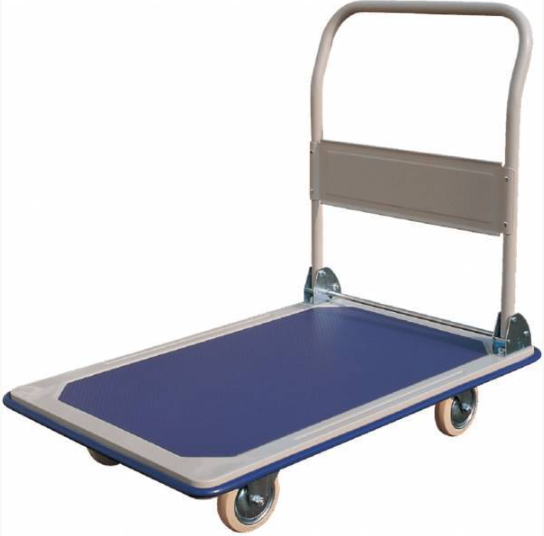If you are like the majority of workers in Virginia know that they may receive workers’ compensation when they sustain injuries on the job. But many of them do not how difficult it can be to get the compensation they are entitled to. Typically, employers must carry workers’ comp insurance to cover claims and handle claims fairly. Unfortunately, this is not always the case.
Injured workers who are seeking workers’ compensation usually deal with insurance claims adjusters who undermine claims and reduce compensation. If you suffered an injury because of your work and want to pursue a workers’ comp claim, you must hire a workers comp lawyer to help you handle the tactics adjusters use as they handle your claim. These tactics include the following:
Requesting a Recorded Statement
After your workplace accident, an adjuster will give you a call or meet with you in person. They will ask you some questions regarding your injury. They get your permission to record your interactions with them. But you should not agree to this because the adjuster can use any statement you make against your claim.
In some instances, a claims adjuster may tell you a recorded statement is necessary, so you can get your benefits. But keep in mind that state law does not require you to provide the insurance company with a recorded statement. Before you speak with a claims adjuster, consult with an attorney first.
Asking You to Sign a Medical Records Release
Insurance adjusters can obtain copies of your medical records but only those related to your workplace injury. They are not allowed to get copies of your past medical records. Because of this, they might get you to sign a release document that authorizes them to access these records. Signing the document allows the adjuster to comb through your previous injuries, other health concerns, and pre-existing conditions and use them to downplay your current job-related injury. For instance, they might say your current injury is a result of a past injury, not because of your work. Remember that you are not obliged to sign the medical release paper. If you are not sure about the documents that the adjuster asks you to sign, talk to your lawyer.
Spying on You
Insurance adjusters might watch your activities to try to downplay your workers’ comp claim. They might hire private investigators to take videos or photos of you. In general, this is legal when you are in public view. If you are performing physical activities like jogging or taking the trash outside, the insurance adjuster could assert that you are not as seriously injured as you claimed.












